About the 12 Spoons Guide
The 12 Spoons rating site began with requests from several WAPF members to help them find restaurants that serve healthy food.
We believe this project has a huge future—think of it as a kind of WAPF Michelin Guide. In 1900 the tire manufacturers André Michelin and his brother Édouard published the first edition of a guide for French motorists. At the time there were fewer than three thousand cars in France, and the Michelin guide was intended to boost the demand for cars, and thus for car tires. Eventually the guide came up with a three-star rating system. One star denotes “A very good restaurant in its category;” two stars indicate “Excellent cooking, worth a detour;” and three stars crown the restaurant with “Exceptional cuisine, worth a special journey.”
The Michelin Guide has had an incalculable influence on the growth of the restaurant industry, not only in France, but throughout the world. We have visions of the same kind of influence for 12 Spoons.
First and foremost, this is an educational endeavor, a way to bring our nutritional principles to a far-wider audience than our current membership. Secondly, it can serve as a way of influencing chefs to incorporate our healthy principles into their menu offerings. If a rating of six spoons means that a restaurant is “worth a detour” and of twelve spoons implies “worth a special journey,” then chefs will have plenty of incentive to improve the way they prepare their food.
Twelve spoons go to restaurants that incorporate all our dietary principles—that includes making food from scratch and serving organ meats, homemade salad dressings using olive oil, lacto-fermented condiments and beverages, genuine sourdough bread and desserts made with natural sweeteners.
We believe that the two most important principles are cooking in animal fats and preparing broth for soups, sauces, stews and gravies. Before the Second World War, almost all restaurants used animal fats—usually lard or tallow—for cooking and frying. These fats are stable and healthy and need to be returned to the sauté pans and fry stations. With time, we hope to see beef and lamb tallow used by fast food restaurants—as they did to produce delicious fries up until the 1980s. If 12 Spoons is the force that gets the toxic vegetable oils out of the American food supply, it will have served a very noble purpose.
Making soups, sauces, gravies and stews using healthy bone broth instead of powders loaded with MSG is a second major goal. When the Weston A. Price Foundation scouts hotels for our yearly conference, the first question we ask the chef is “Do you make stock with bones?” If they say No, we look for another hotel; if they say Yes, then we know we can work with them. We need to get the stock pot back in all restaurants, so they serve sauces, soups and gravies that are genuinely nutritious, and not fake soups and sauces made with powdered “bases.”
With your help, we can make 12 Spoons a great success. Please use this site often to find WAPF-friendly businesses near you—and feel free to leave comments!
12 Spoons Rating Form (PDF)
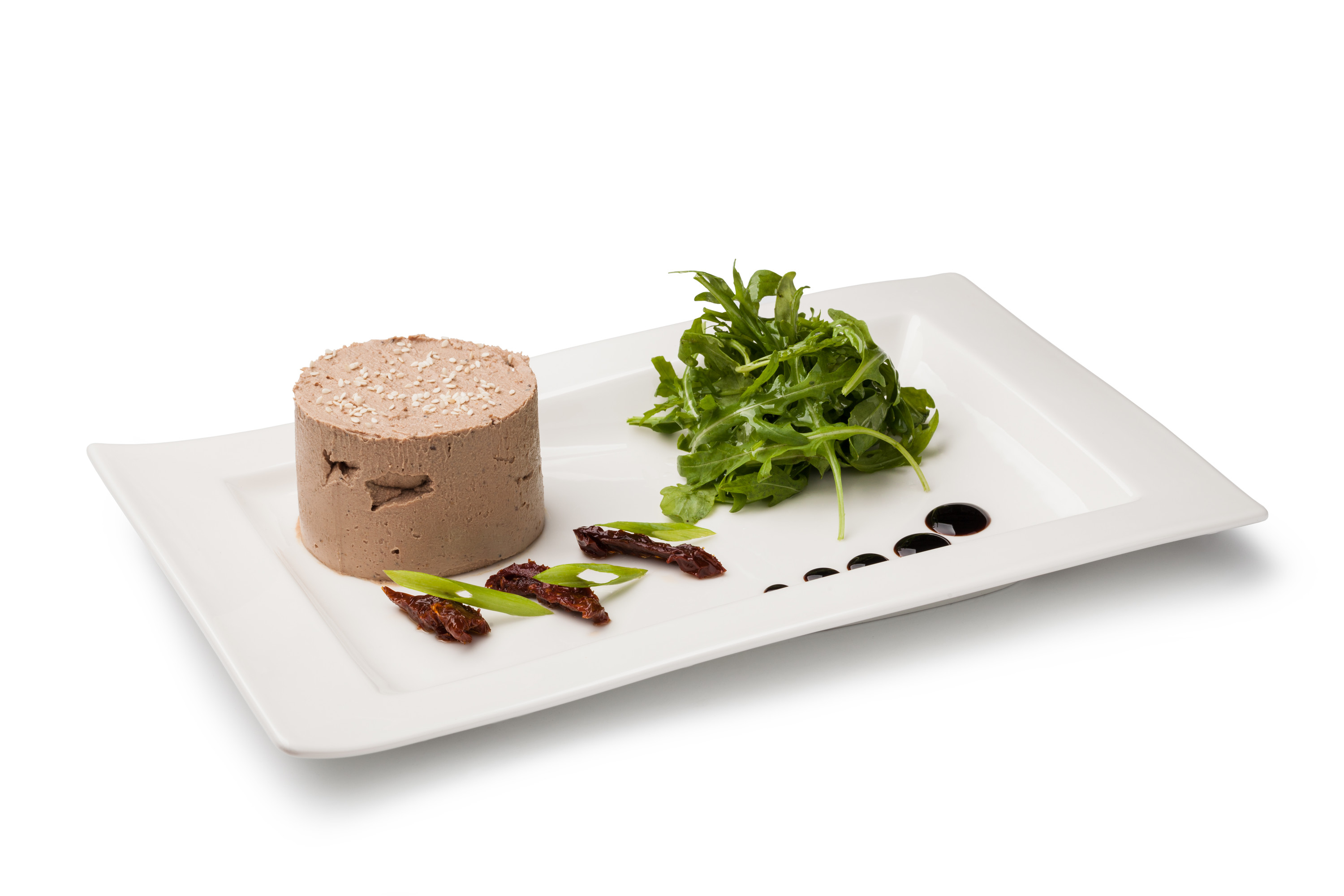
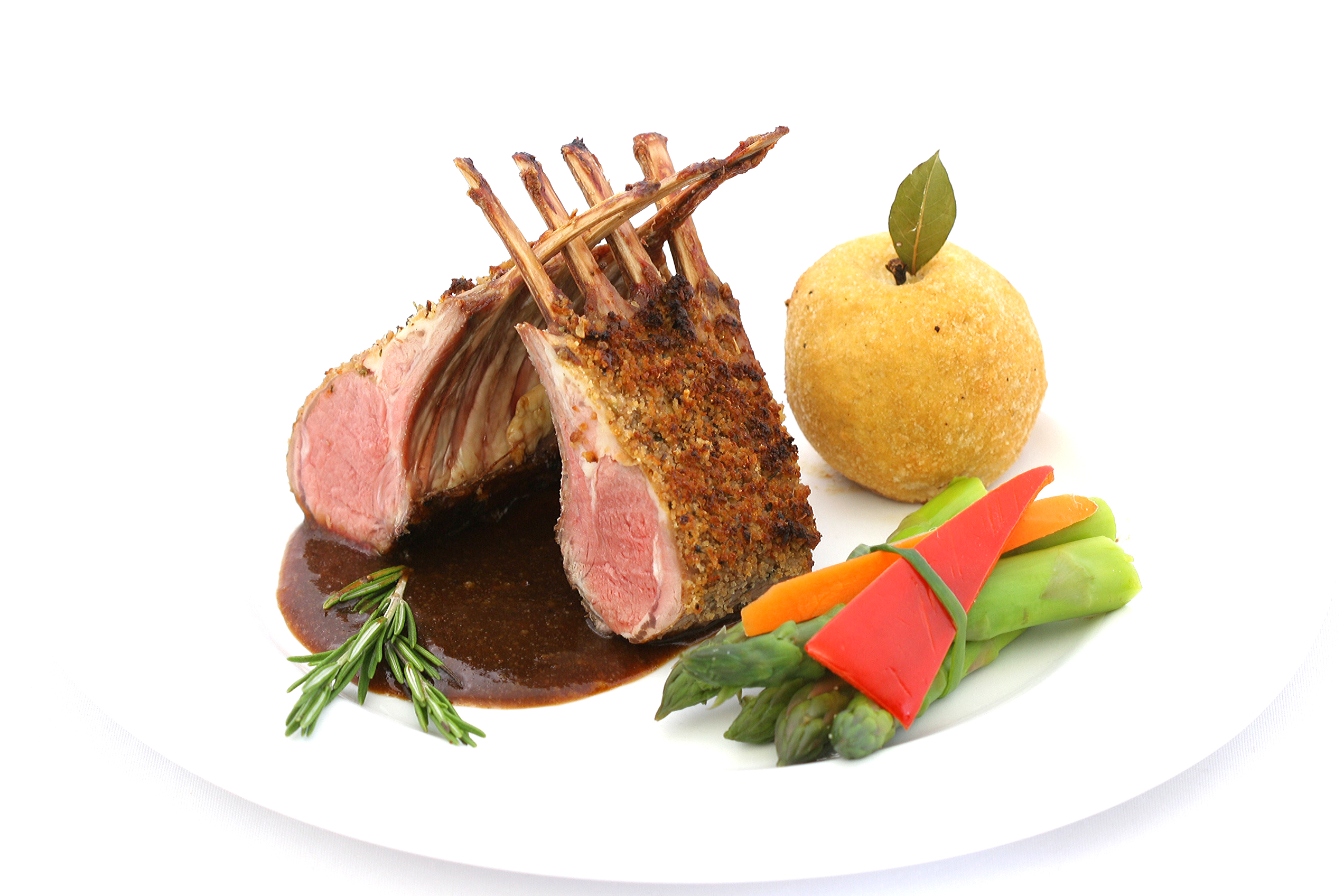
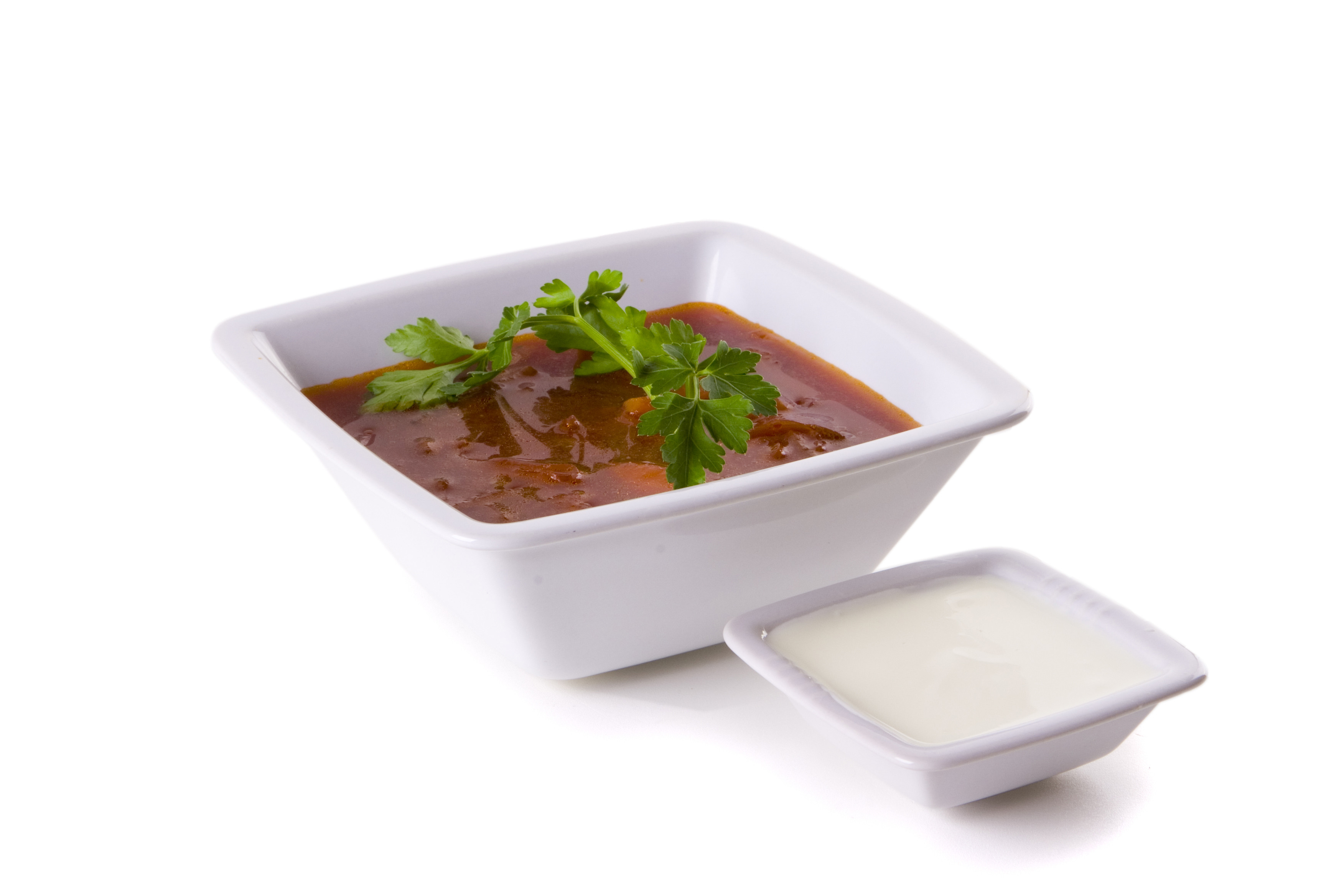

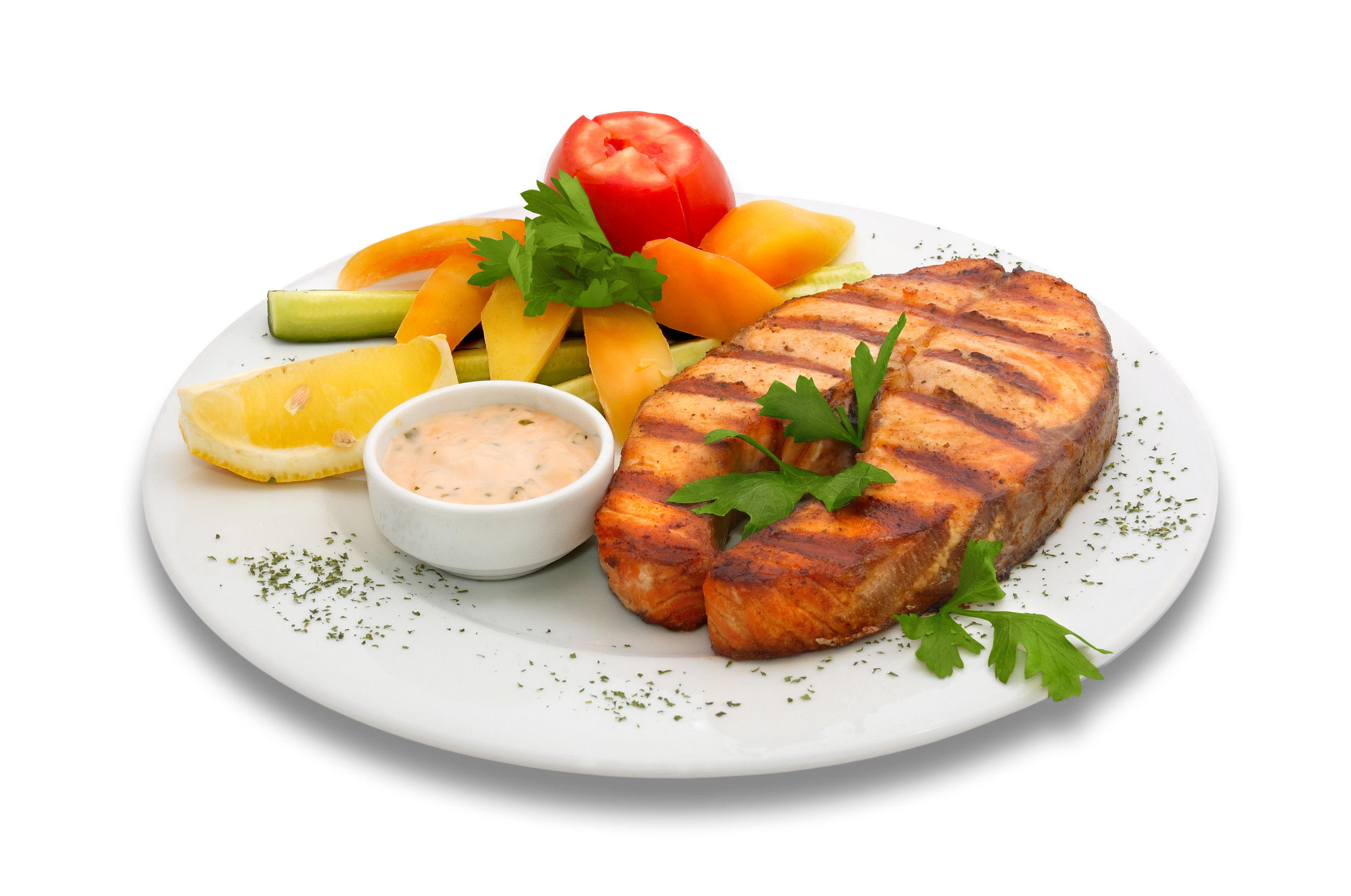

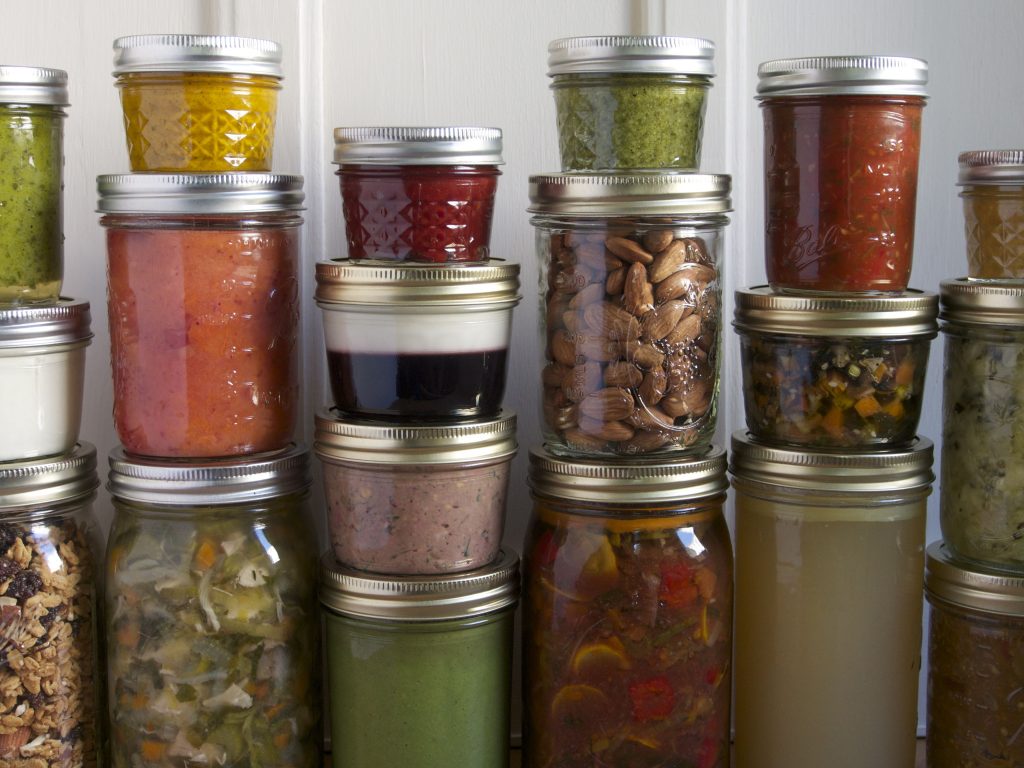
"Locally sourcing our ingredients is a priority for Vanilla Jill’s. The majority of our ingredients are purchased from organic growers within 30 miles of Eugene! These ingredients include the probio...